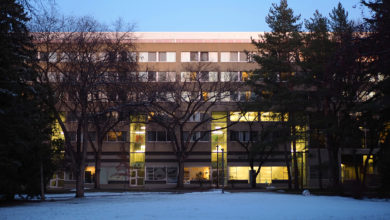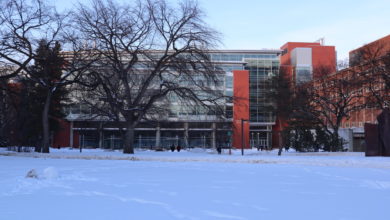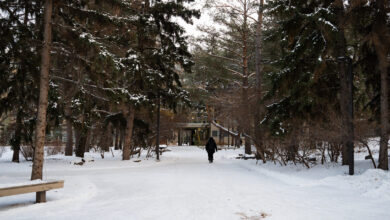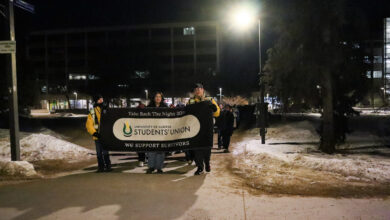International Endeavours (part two): 200 miles north of Montana
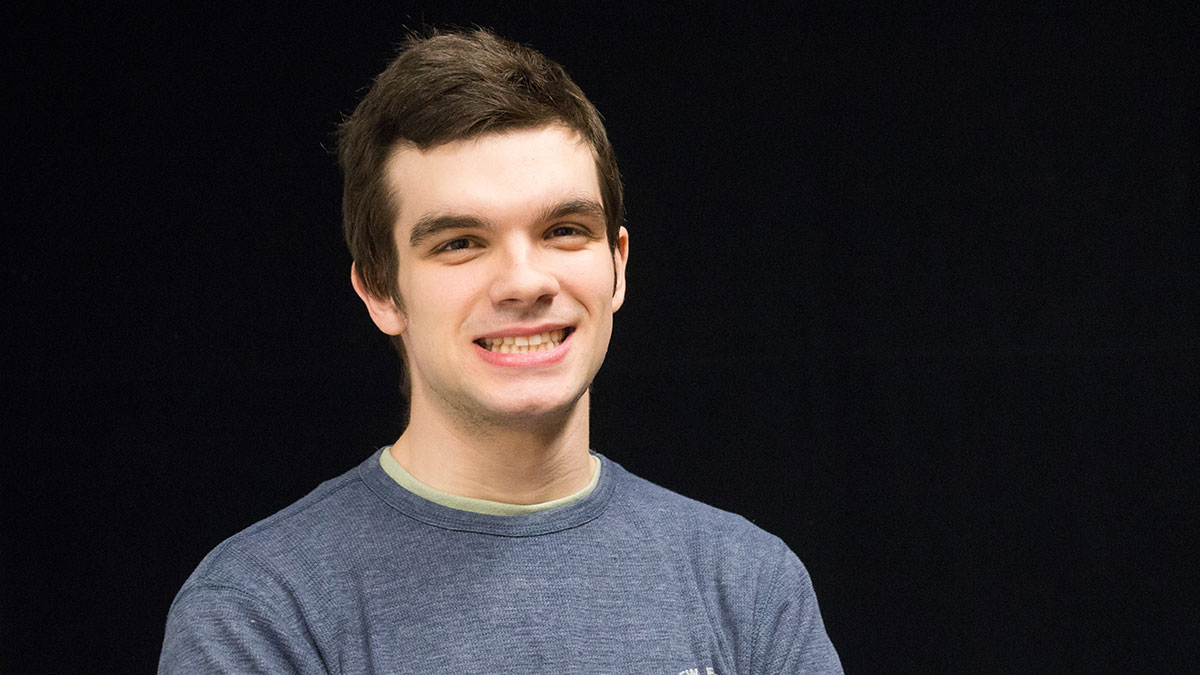 Christina Varvis
Christina VarvisThe following is part two of three in a series detailing the experiences of international students at the University of Alberta.
Second-year linguistics student Alex Cook will tell you he’s from Washington, DC even though he’s not actually from Washington, DC.
“Back home, if somebody says they’re from Washington, DC or Baltimore or New York, they’re generally from one of the outlying cities around there.”
Last year, Cook left home, in Bowie, Maryland, to study at the University of Alberta as an international student. The $20,000 tuition cost looms over his experience abroad, but impressive high school grades and scholarships lowered his first-year tuition to around $3,000. That figure bloated to $14,000 in his second year. Adjustments haven’t been easy.
“(My parents) aren’t 100 per cent happy that this is something we all have to account for in our financial budget,” Cook said. “But we also understand that a university degree isn’t optional anymore. It’s a necessary thing to gain success in the world.”
Cook works odd jobs in fast food to supplement his living expenses, but just as his tuition became more expensive, his congested schedule impeded him from working the hours he’d like to work.
Cook explained that studying in Canada and in one of the leading linguistics programs in North America wasn’t as much of a financial strain as it could have been. U of A calibre institutions in Maryland and the US in general are highly selective. The University of Maryland–College Park accepted 28,000 applications to form a 2015 fall freshman class of 3,975 students. Universities seek to enroll out-of-state students since out-of-state tuition can be substantially more than what in-state students pay. Rather than paying $30,000 a year, Cook resolved to study in Edmonton. His friends ask, “Where the hell is that?”
“‘Alberta, Canada,’” Cook responds. “‘200 miles north of Montana.’”
While there isn’t much of a cultural difference between Edmonton and his home, Cook found reality to be different from his expectations. Being competent in Spanish, he’s disappointed that there isn’t as much Spanish spoken as he thought there would be. Cook was also surprised to find that there are people in Edmonton who seem to take 9/11 conspiracy theories seriously.
“I’m just like ‘Ok. That’s great. Tell me more.’”
He also speculates that Canadian politeness isn’t exactly politeness.
“People say Canadians are super nice. And I didn’t expect them to be how they’re portrayed in parodies. But it almost feels like people are misinterpreting this niceness for this sort of passive aggressive smugness, (as if Canadians) have the moral high ground compared to American culture,” Cook said. “Which is true in some respects. But it was kind of weird getting used to it.”
After hearing a number of offhand comments about being an American student in Canada, he said he found himself thinking, “OK. Let’s pretend this never happened.”

